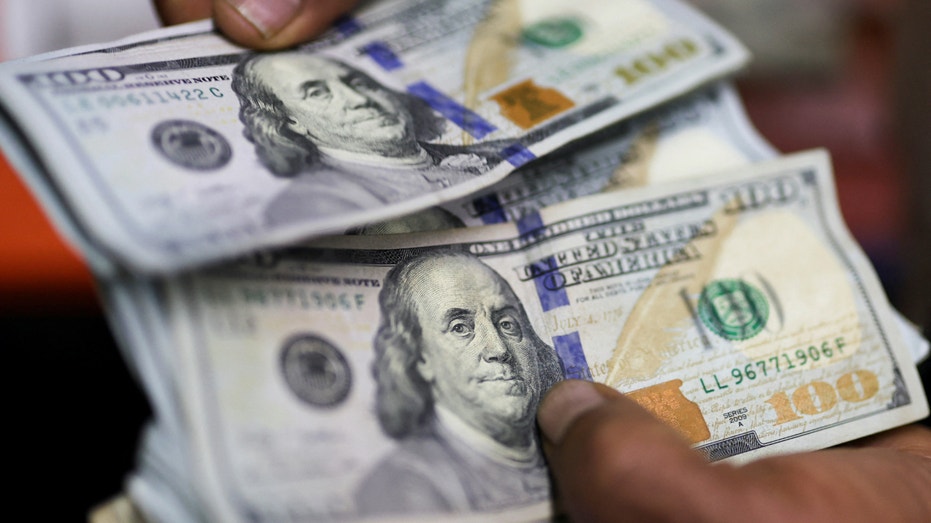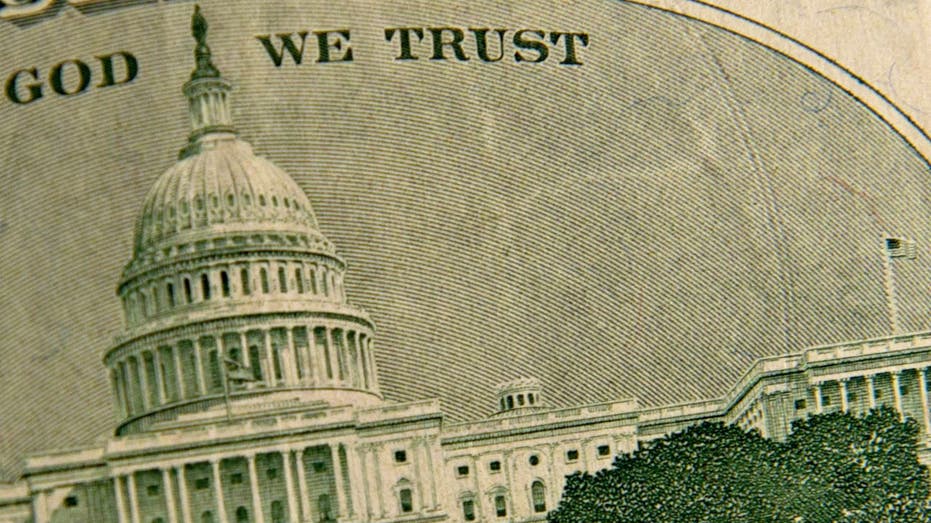How does a weaker dollar impact US vacationers?
Dollar's 10% decline against foreign currencies in 2025 stretches American travelers' budgets despite cheaper airfare
Travel expert credits the economy for driving record-breaking travel expected for July 4
Fox News senior correspondent Jonathan Serrie reports on what could be causing Americans to break July 4 travel records on ‘Varney & Co.’
The decline in the value of the U.S. dollar this year has made Americans' vacations abroad more expensive than in recent years, which could stretch travelers' budgets more than anticipated.
So far in 2025, the U.S. dollar has declined about 10% relative to a basket of popular foreign currencies, according to The Wall Street Journal's U.S. Dollar Index (DXY).
The weaker dollar means that Americans' purchasing power overseas is generally lower than it was in the past few years, with vacationers facing relatively higher prices.

So far in 2025, the U.S. dollar has declined about 10% relative to a basket of popular foreign currencies, according to The Wall Street Journal's U.S. Dollar Index. (Reuters / Reuters)
"Welcome to inflation again," Clint Henderson, managing editor at The Points Guy, told FOX Business. "You're looking at prices being anywhere from 8% to as high as 14% higher across the board, especially in Europe, due to the weakness of the U.S. dollar."
DOLLAR SLIDES TO 3-YEAR LOW ON REPORT TRUMP PLANS TO NAME NEXT FED CHAIR EARLY
"To put it in perspective, the U.S. dollar has been on a multiyear tear, so we've really benefited the last couple of years – it's just with the way things are now, prices are going to be slightly higher than they have been the past couple of years for Americans traveling to Europe specifically and also Asia, especially Japan," he said.
Henderson noted that those who had already locked in prices months ago may not see the impact on that line item of their travel budget – though the dollar's decline is likely to still be felt in other aspects of travel spending.
"Hopefully most folks have already locked in their hotel prices, so they're not going to be paying a lot more for hotels," he added. "But food costs, transportation costs… everything's going up in price."
TRUMP ANNOUNCES HIGHER TARIFF RATES FOR MORE COUNTRIES IN LETTERS PUBLISHED ON SOCIAL MEDIA
One bright spot for travelers' budgets can be found in relatively cheaper flights to and from vacationers' destinations, Henderson noted.

Clint Henderson of The Points Guy said those who had already locked in prices months ago may not see the impact on that line item of their travel budget. (Bing Guan/Bloomberg via Getty Images / Getty Images)
"The good news is, I'm calling this the 'summer of savings' when it comes to airfare, because prices are down substantially for airfare, so hopefully any more expense you're paying when you're traveling has been sort of balanced by cheaper airfare," he said.
The dollar's recent downturn comes after it was relatively stronger than foreign currencies in the last few years.
TARIFFS WILL REVERT TO APRIL LEVELS IF COUNTRIES DON'T MAKE A DEAL BY AUGUST 1, BESSENT SAYS
David Bahnsen, managing partner and chief investment officer of the Bahnsen Group, told FOX Business that the main reason "is the fact that it had gone up 10% the year before, and in 2025 was just giving that move back."

The dollar has declined 10% this year per the Wall Street Journal's DXY index. (KAREN BLEIER/AFP via Getty Images / Getty Images)
"The DXY right now is basically where it was three years ago – not higher or lower, though it spent most of the last three years higher than it is now, and it spent most of the ten years before that lower than it is now," he said.
GET FOX BUSINESS ON THE GO BY CLICKING HERE
The volatility and downward trend the dollar has experienced this year stems from uncertainty over trade policy and tariffs, as markets take the higher costs into account.
"The specific catalyst besides the fact that it was over-priced relative to other currencies and due for a correction is this trade and tariff volatility. Imports get more expensive with a weaker dollar even as exports get cheaper," Bahnsen noted.




















